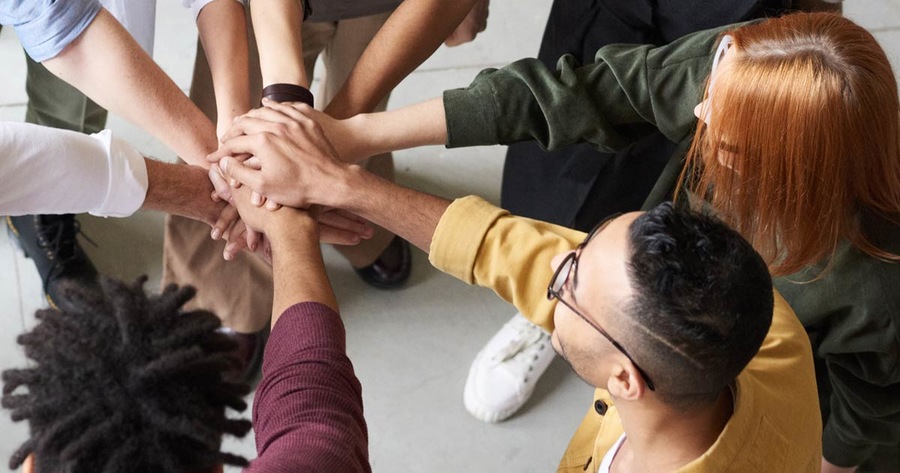The call, with an audience of approximately 50 funders, gave Warner an opportunity to draw upon her experience with Hurricane Katrina to update funders on what she described as the "disaster response" and the "disaster recovery" part of the work being done. It was also an opportunity to stress how funders need to support both phases of this work now, to avoid the risk of losing the field, the profession, and the services afterschool professionals and leaders have worked so hard over decades to build.
"The times we are in—and the times to come—are some in which I have more than a fair of share of personal and professional experience," Warner said to those on the call. "I served as the leader of the Afterschool Intermediary in the city of New Orleans in the months immediately after Hurricane Katrina and for six years after that. I have seen firsthand the role that afterschool communities will play in both disaster response and disaster recovery."
Warner added that we are in a period of disaster response and the afterschool community is responding.
"Programs are up and running and we have been in communications with programs across the country, serving mostly families of first responders, hospital personnel, and—in some communities—grocery store employees," said Warner, noting cities and states are using child care funds. "As more of these funds are allocated and the need increases, we can expect to see more programs opening their doors."
This is exactly what Warner witnessed post-Katrina: Afterschool programs were up and operating much earlier than schools. In this time of disaster response and looking forward to disaster recovery, Warner touched on two important issues.
"First, I want you to know that now, more than ever, is the time to support the workforce—those on the front lines of this work," Warner said, explaining this includes resources for safety, emotional support and help with virtual instruction.
Second, Warner said, is supporting the systems that support the afterschool profession.
"I'm talking about national associations like ours, state associations like Isabelle's, city intermediaries—Every Hour Counts and those groups in their network," said Warner. "They will be key to the recovery for our field and we need them to stay strong and solvent now so they can continue their work."
That work, Warner states, includes continuing to bring awareness of the structural fragility of the afterschool workforce; advocating for better salaries, benefits, and paid leave; ongoing support for curation, creation, and connection of information and resources for the field; and providing resources to support the sustainability of programs, leadership development, financial planning, organizational development and staffing, and cash to maintain services.
"After Katrina, I saw many foundations paralyzed by what they could do to help," said Warner. "They were bogged down in trying to make what they believed needed to be 'strategic impactful' investments; investments that were aligned with their programmatic areas or their strategic plan."
The result, Warner says, was that programs suffered, and the afterschool field infrastructure of support suffered—and that meant children and families suffered.
"As you can expect, our recovery was then much longer and more difficult than it needed to be," said Warner.
"As a field, we are not paralyzed. We are moving forward boldly, bravely to offer the services, support and system building that we have always done.
"We need you to be our partners and support us now."
Courtesy of NAA.




